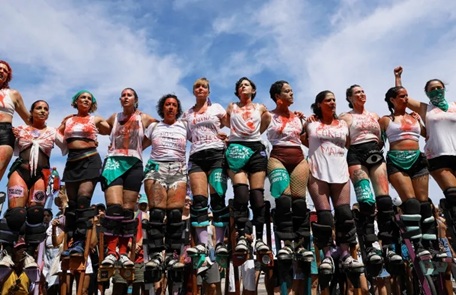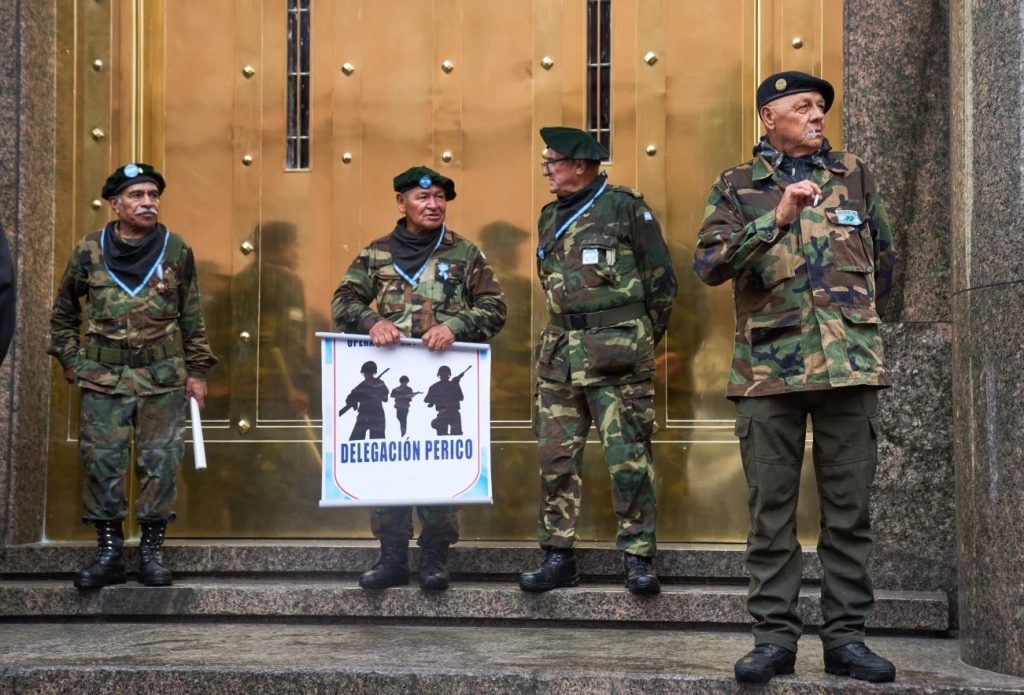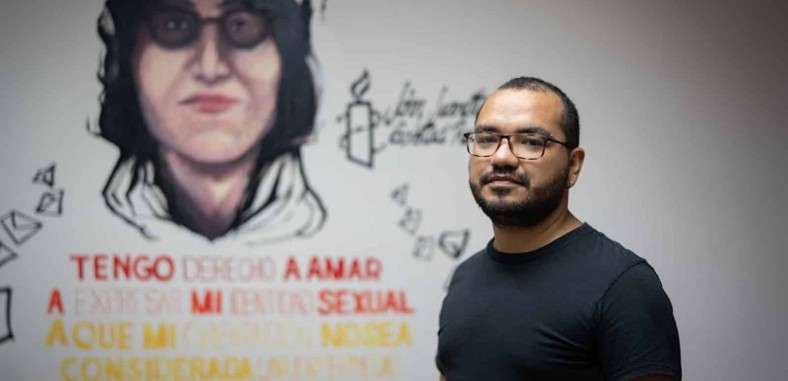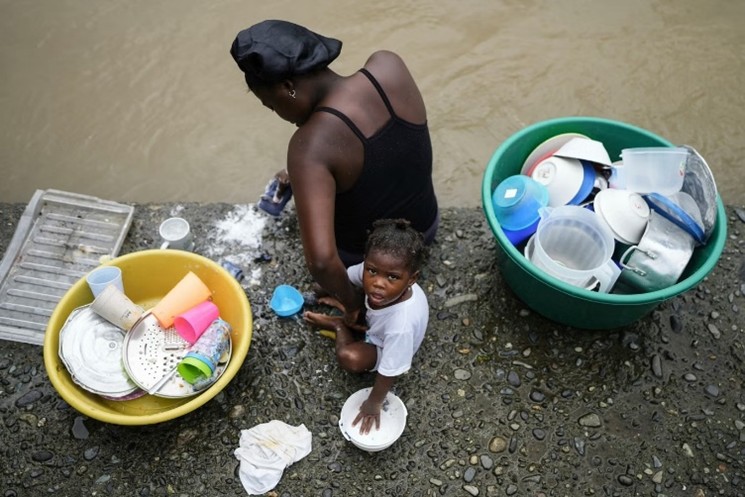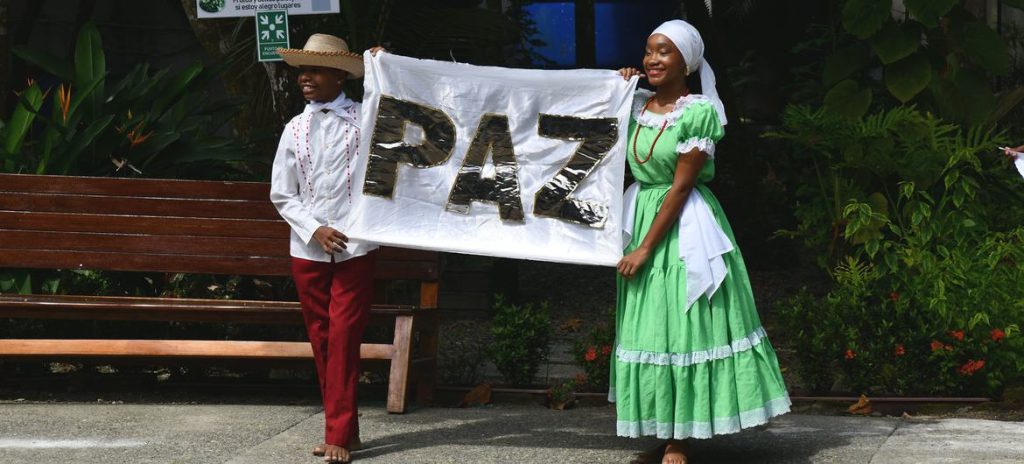Dear Friends,
This month we bring you news from Venezuela, Colombia, Brazil, Chile and Argentina.
Highlights are:
- Venezuela: Urgent Action issued calling on authorities to immediately release all arbitrarily detained individuals.
- Colombia: Indigenous groups face physical and cultural extinction as illegal groups battle for control of illicit mining and drug-trafficking routes.
- Brazil: The jury trial of two military policemen accused of the death of 13-year-old Thiago Menezes Flausino, due last week, has been adjourned; Thiago’s family continue to seek justice almost three years after his killing.
- Chile: Police officer accused of blinding protester Gustavo Gatica during Chile’s 2019 protests acquitted; President-elect José Antonio Kast names abortion opponent as gender equality minister; Kast also visits El Salvador’s mega-prison to explore collaboration on Chile’s penitentiary system.
- Argentina: Decree issued by President Javier Milei granting intelligence agency SIDE the power to arrest people is condemned by Amnesty International and other human rights organizations; mothers and grandmothers of Plaza de Mayo recognised for their enduring Human Rights struggle.
VENEZUELA
Between 25th December and 19th January, the Venezuelan authorities released a number of politically motivated arbitrary detainees, including Roland Carreno and Biagio Pillieri, as well as prisoners of conscience Rocio San Miguel and Carlos Julio Rokas. However, at least 780 individuals remain arbitrarily detained for political reasons, according to NGO Foro Penal. Amnesty International has issued an urgent action calling on the authorities to immediately release all arbitrarily detained individuals and to ensure that, whilst in custody of the state, every detainee sees their life and safety protected, fair trial guaranteed, adequate medical care, and family visits.
COLOMBIA
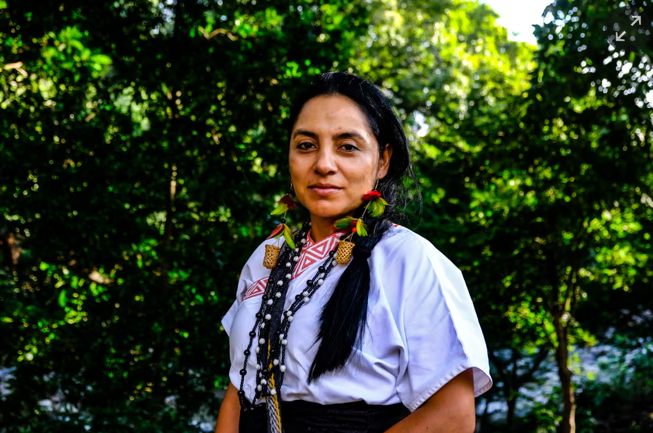
Violence is surging across Colombia as illegal groups battle for control of the country’s illicit economies, including key drug-trafficking routes and coca-growing regions. The 2016 peace deal with the guerrilla Revolutionary Armed Forces of Colombia (FARC) has begun to unravel, allowing splinter factions to move into the vacuum it left behind.
Sierra Nevada de Santa Marta, located in northern Colombia on the Caribbean Coast, illustrates this vulnerability clearly. The UN has warned that five Indigenous groups living in the Sierra Nevada de Santa Marta – the Kogui, Wiwa, Kankuamo, Arhuaco and Ette Naka – face “physical and cultural extinction.” Indigenous leaders say assassination attempts have increased, while Colombian research organisation Cinep/Programme for Peace reports that some victims have been tortured, dismembered and displayed in public spaces in a bid to instil collective terror.
Indigenous leaders say they have faced death threats for speaking out against environmental destruction, and at least three have survived recent assassination attempts. Colombia has suffered the highest number of murders of environmental defenders for three years in a row. Colombia’s representative for the UN High Commissioner for Human Rights says this risk is “an ongoing tragedy that we can and must prevent.” [Read more…]
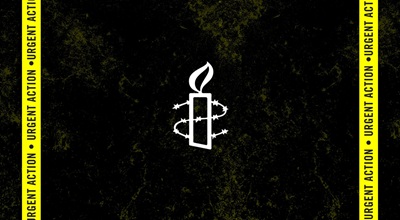 Amnesty released two Urgent Actions relating to Colombia in December. The first regarding serious risks to the life, safety, and security of the peasant communities of El Porvenir and Matarratón; the second relating to serious attacks on members of the Inter-Church Commission for Justice and Peace while engaging in human rights defence activities in Southwest Colombia. Please take action
Amnesty released two Urgent Actions relating to Colombia in December. The first regarding serious risks to the life, safety, and security of the peasant communities of El Porvenir and Matarratón; the second relating to serious attacks on members of the Inter-Church Commission for Justice and Peace while engaging in human rights defence activities in Southwest Colombia. Please take action 